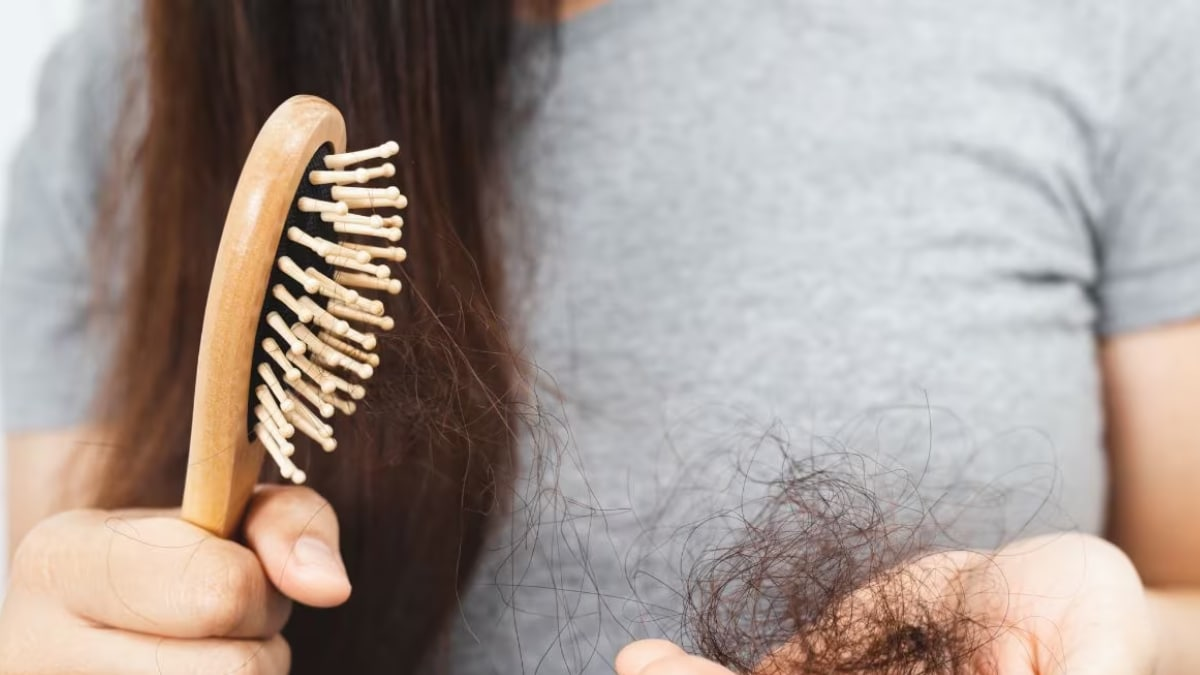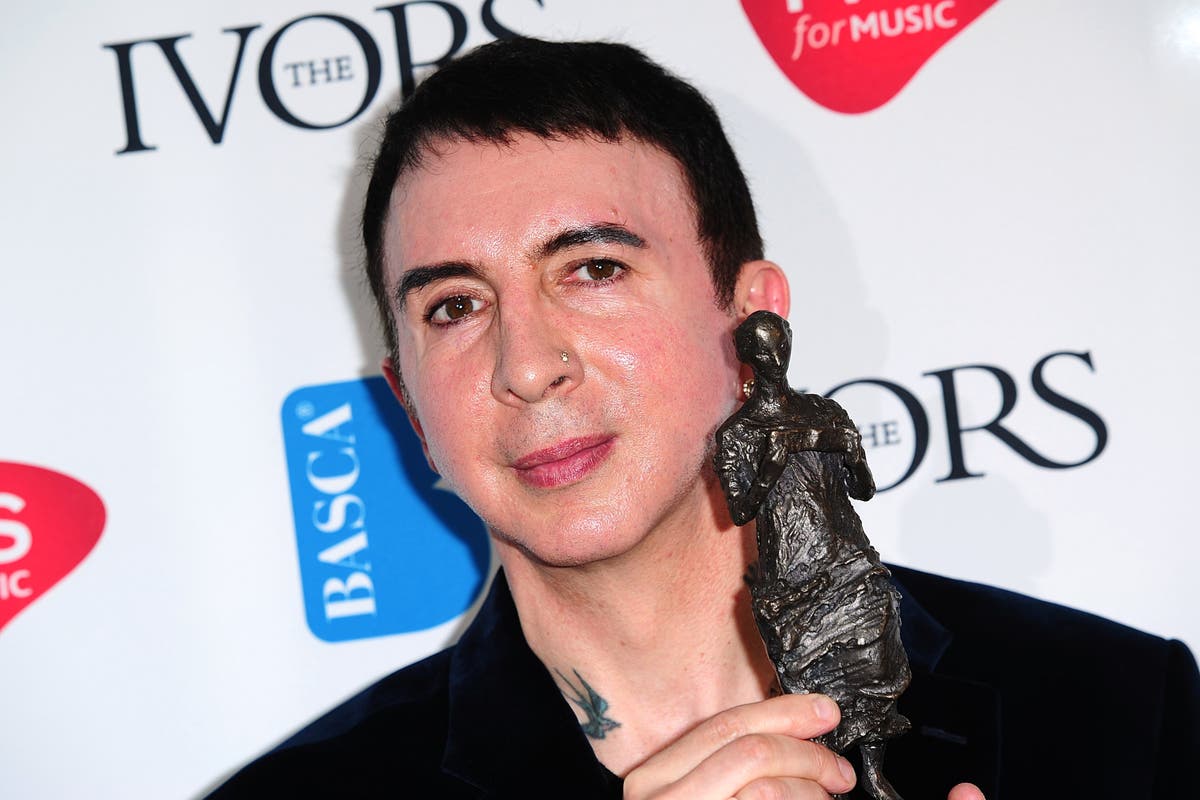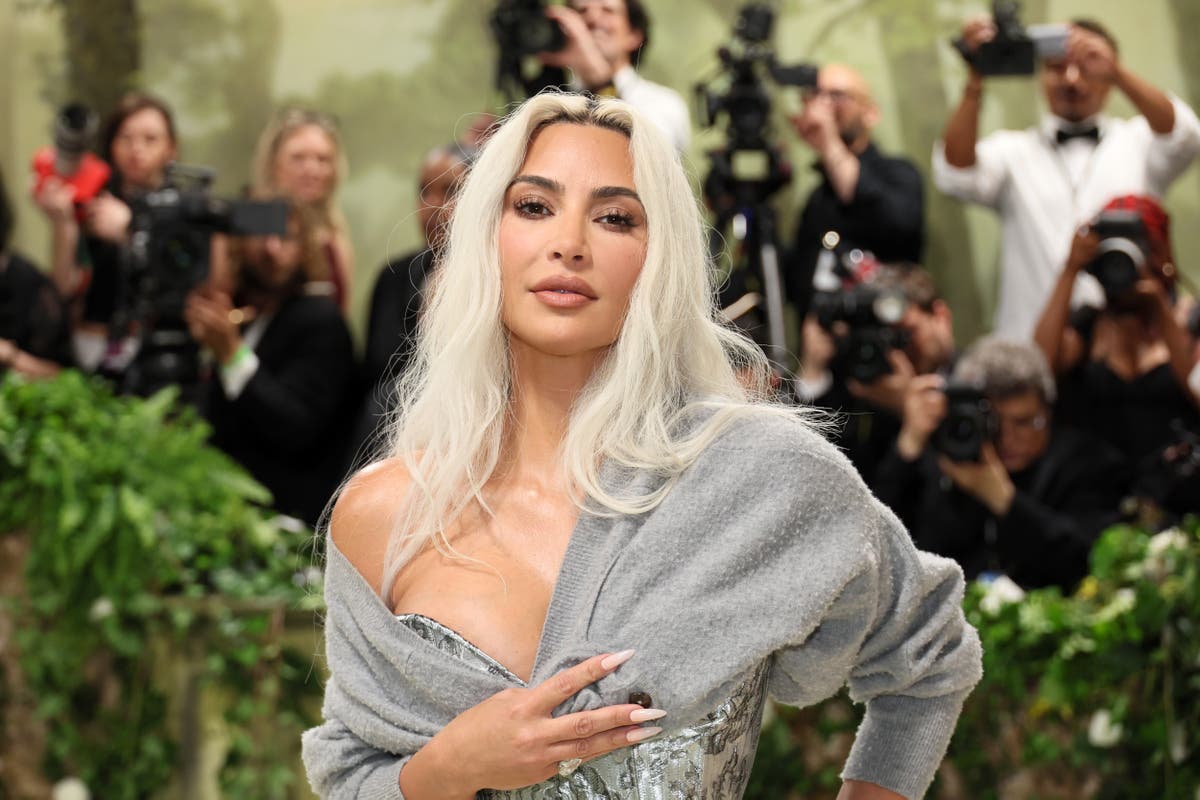Thinning and loss of hair, often referred to as female pattern hair loss (FPHL), are common but devastating symptoms of PCOS.
Controlling hair loss related to PCOS takes more than just a good shampoo
Polycystic ovary syndrome (PCOS) is like an unruly guest that overstays its welcome and disrupts everything from your hormones to your hairline. For many women, the most distressing symptom is not just irregular periods or persistent acne, but also hair loss that appears suddenly and undermines your confidence. PCOS affects millions of women, but its impact on hair is often overshadowed by other symptoms. Dr Rinky Kapoor, dermatologist and medical advisor at QR678, looks at how the condition affects your mane and explores holistic ways to get your hair back.
The PCOS puzzle: What's going on?
Polycystic ovary syndrome is the most common endocrine disorder in women, but also one of the most misunderstood. The syndrome presents a wide range of symptoms, from mild menstrual irregularities to severe metabolic and reproductive dysfunctions. The exact cause remains a mystery, but some of them are listed below:
- Hereditary factors: If your mother or sister has PCOS, there is a high chance that you will develop it too.
- Excess insulin: Too much insulin can cause an increase in the production of androgens (male hormone), which disrupts ovulation and promotes hair loss.
- Low-grade inflammation: Chronic inflammation can stimulate androgen production, worsening symptoms such as hair loss.
PCOS and hair loss: the connection
Thinning and losing hair, often referred to as female pattern hair loss (FPHL), are common but devastating symptoms of PCOS. Unlike male pattern baldness, which typically begins with a receding hairline, FPHL typically causes a diffuse reduction in hair density, particularly on the top of the head. The frustrating part? The front hairline often remains intact, creating uneven and frustratingly noticeable thinning.
Types of PCOS and their hairy consequences
Not all PCOS are the same. Depending on the type, your hair may be more or less affected:
- Insulin-resistant PCOS: The most common type, caused by high levels of insulin, which prevent ovulation and increase testosterone production – a double whammy for hair loss.
- Inflammatory PCOS: Stress and environmental toxins cause chronic inflammation, disrupting hormonal balance and contributing to hair thinning.
- Adrenal PCOS: This is less common, but causes excessive androgen production leading to severe hair loss, acne, and irregular periods.
Hair loss as a clue
Hair loss in PCOS often goes unnoticed. According to a study by QR678®, among 150,000 patients treated for hair-related issues, nearly 30% were diagnosed with FPHL, and of these, a staggering 90% were related to PCOS. The condition is often discovered incidentally when women seek help for hair loss. This late diagnosis means that many women are faced with hair loss without understanding the root cause.
The emotional cost of hair loss
Hair is more than just strands of keratin; it is tied to our self-image and identity. For women, hair loss can be emotionally devastating, leading to lowered self-esteem, anxiety, depression and social isolation. The psychological burden is especially heavy when hair loss is accompanied by other PCOS symptoms, such as acne, weight gain and infertility. This makes addressing hair loss not just a matter of aesthetics, but a critical aspect of overall well-being.
Managing hair loss related to polycystic ovary syndrome: a holistic approach
Controlling PCOS-related hair loss takes more than just a good shampoo. It takes a holistic approach that addresses the root causes while nourishing the scalp and hair:
Lifestyle modifications: Diet and exercise are key. Reducing sugar intake, managing stress, and incorporating anti-inflammatory foods can help control insulin levels and inflammation, combating hair loss from the inside out.
Medications: Hormonal treatments such as birth control pills can be prescribed to regulate hormones and reduce androgen levels. However, they are not always a miracle solution and must be complemented with other therapies.
Specific hair treatments
- Low-Level Laser Therapy (LLLT): This noninvasive treatment uses low-level lasers to stimulate hair follicles and encourage growth by improving cellular function in the scalp.
- Platelet-rich plasma (PRP): This involves injecting your own platelets into your scalp to stimulate hair growth. It's like waking up your follicles.
- QR678: QR678 is a patented formula containing biomimetic polypeptides that mimic the scalp’s natural growth factors. It has been shown to promote hair growth and improve hair density in several peer-reviewed clinical studies.
PCOS is more than just a hormonal problem; it is a complex disorder that can affect every aspect of a woman’s life, especially when it comes to her hair. The key to managing PCOS-related hair loss lies in understanding the multifaceted nature of the condition and taking a holistic approach that goes beyond superficial treatments. By addressing both internal and external factors, women with PCOS can not only regain their hair, but also regain their confidence and well-being.












